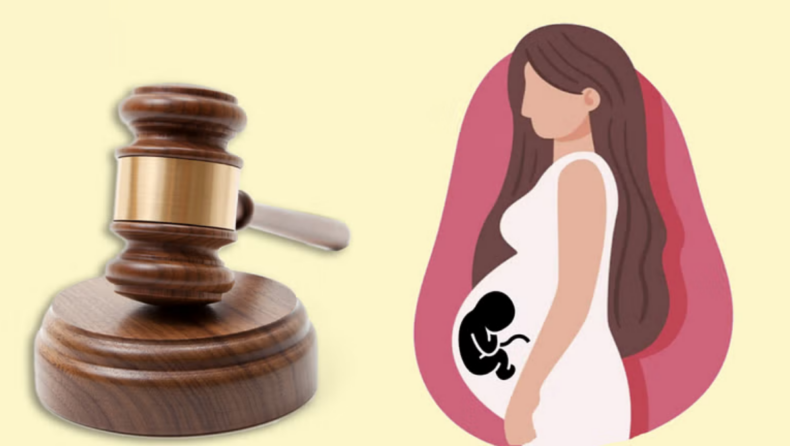Kerala High Court: The Court allowed the transfer of the embryos belonging to the petitioner from one hospital to another of their choice, holding that the provisions of the Act do not prohibit such transfers.
Wednesday, the Kerala High Court ruled that the right of an embryo to develop into a foetus and subsequently be born cannot be denied by invoking the Assisted Reproductive Technology (Regulation) Act, 2021. (the Act)
The Kerala High Court has ruled that the Assisted Reproductive Technology (Regulation) Act of 2021 cannot be used to deny the right of a frozen embryo to mature into a foetus and eventually be born.
Justice V.G. Arun made the remark while granting a plea from a Perumbavoor couple seeking to transfer embryos stored at a hospital in Kodungalloor to a hospital in Muvattupuzha.
“In addition to the desires of the first petitioner to conceive and the second petitioner to beget a child, the right of the embryo, which has been frozen for the last eight years, to develop into a baby and be born cannot be thwarted by invoking a law that has no relevance.
The major purpose of the Act is the regulation and oversight of assisted reproductive technology clinics and banks by preventing their misuse and guaranteeing their safe and ethical usage. The Act is not designed to impede those who choose assisted reproductive procedures.”
The court stated that the fundamental purpose of the Act was the regulation and supervision of assisted reproductive technology clinics and banks by avoiding their misuse and guaranteeing their safe and ethical functioning. The Act was not meant to impede those who choose such treatments.
On September 2, 2014, the couple chose for infertility treatment and had an oocyte retrieval operation (in which eggs are extracted from the ovaries). Four of the six eggs injected following egg extraction were fertilized. The embryos were then stored at the Kodungalloor hospital. In 2016, their therapy was suspended on the doctor’s suggestion.
The petitioners’ desire to have a child was renewed when another couple in their family who had had the same procedure conceived after 10 years of marriage and gave birth to twins. The couple subsequently recommenced their therapy at a different facility in Muvattupuzha and requested that the embryos be transferred by the original institution. However, the hospital denied it, citing Section 29 of the Act.
The court emphasized that Section 29 did not prohibit the transfer. The objective of the clause was to prohibit/restrict the sale of human gametes, zygotes, and embryos, among other things. Since no donor or third party was involved and the embryos were those of the commissioning couple, there was no such transfer.
The court ordered the hospital in Kodungalloor to allow the transfer of embryos to the hospital in Muvattupuzha upon payment of the fee owed to the first hospital for the embryos’ preservation beginning on September 2, 2014.













